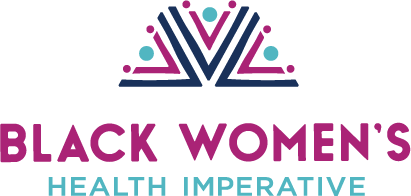In case you missed the breaking news, Beyoncé and Jay Z are expecting twins. Lord knows I’m obsessed with Beyoncé and her twins. I live for her photos of her growing baby bump. But my fascination with her pregnancy goes beyond my unofficial membership in the Beyhive 🐝. Beyoncé’s pregnancy sheds some light on an issue that rarely gets attention: Black women and infertility.
Infertility is a condition of the male or female reproductive organs which prevents the conception of a child or the ability to carry a pregnancy to delivery.Infertility in women can be due to a number of factorsincluding advanced age, ovulation disorders, hormonal imbalances, endometriosis, sexually transmitted infections, reproductive cancers and treatments, obesity and other lifestyle factors (i.e. smoking, alcohol consumption and excessive exercise). About 10 to 20 percent of pregnancies end in miscarriage and some women may experience recurrent pregnancy loss (RPL), a condition when a woman has two or more miscarriages before the pregnancies reach 20 weeks.
In interviews and songs, Beyoncé and Jay Z both discussed Beyoncé’s miscarriage before the birth of their daughter Blue Ivy and many praised them for their honesty. Their story reveals that fertility issues can happen to anyone, even Black women, despite our silence on the topic and the limited research on Black women and infertility.

The Carters fame puts them in the position to voice their struggles publicly while receiving support from their family, friends and fans. However, unlike Queen Bey, many Black women don’t have the support and security to express their experiences with infertility, despite the fact that they are almost twice as likely to experience infertility compared to White and Hispanic women.
In the first study to focus exclusively on Black women and infertility, 96 percent of participants reported feeling isolated or silenced while trying to conceive. This could be the result of a stigma associated with infertility in the Black community—that Black women who cannot conceive are not complete women. Our society views motherhood as a natural and inevitable life course for women and women who don’t have children may be seen as somehow deviant or “less than.” For Black women struggling with fertility, the misconception that we must always be strong and resilient and show no signs of weakness may make it hard to talk to family, friends or medical professionals about difficulty conceiving, which further adds to their loss or despair after a failed pregnancy or miscarriage.
We all cannot be Beyoncé with the money and resources for the best fertility treatments. However, as we observe National Infertility Awareness Week, we at the Black Women’s Health Imperative and RESOLVE: The National Infertility Association want you to know if you’re struggling to conceive or carry a child to term, you are not alone. There is a community waiting with open arms to support you. Infertility is not something you have to deal with alone.If you need a support group, want to share your story or need to know when you should see a fertility specialist, just click here.


